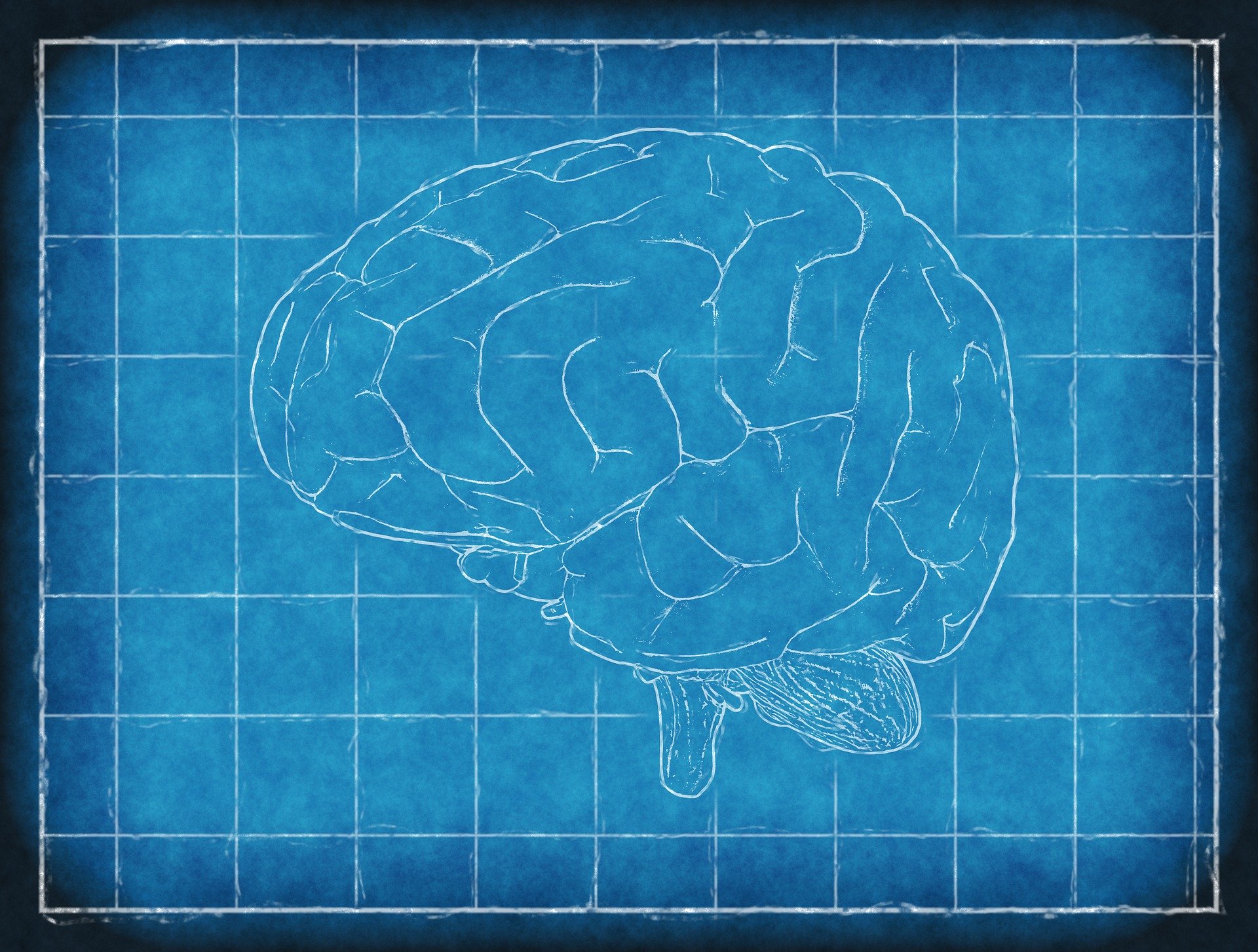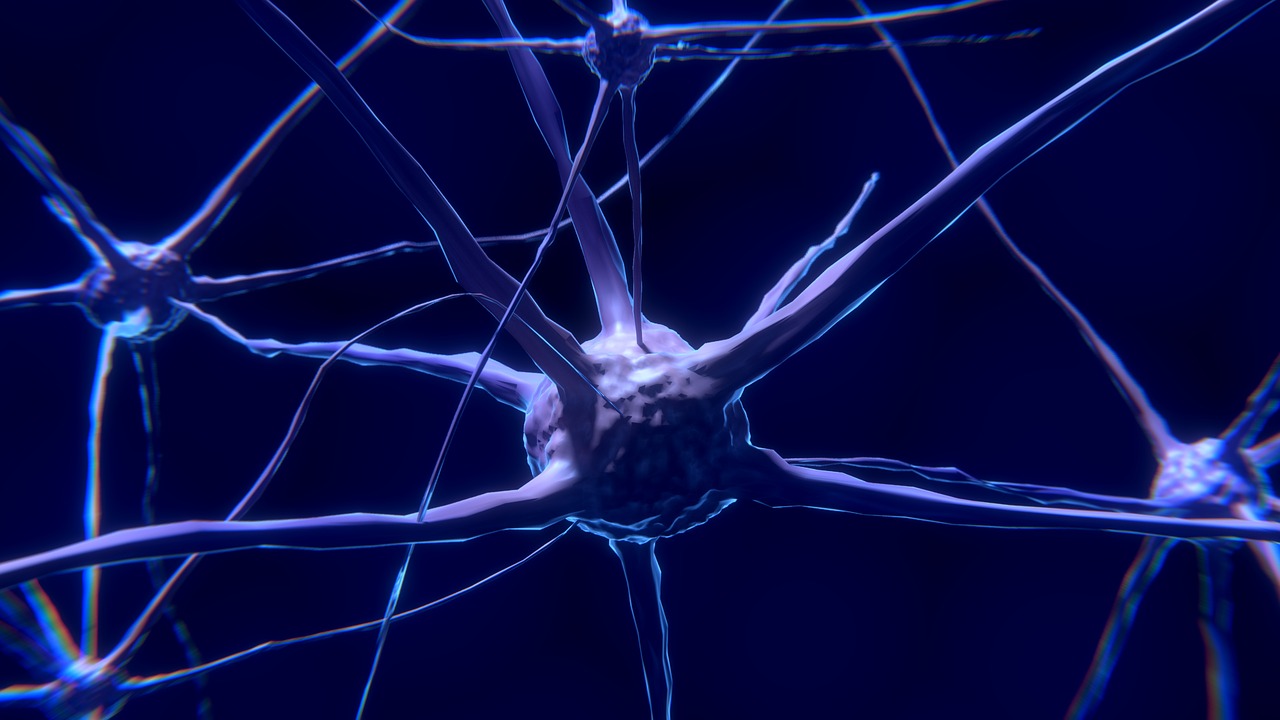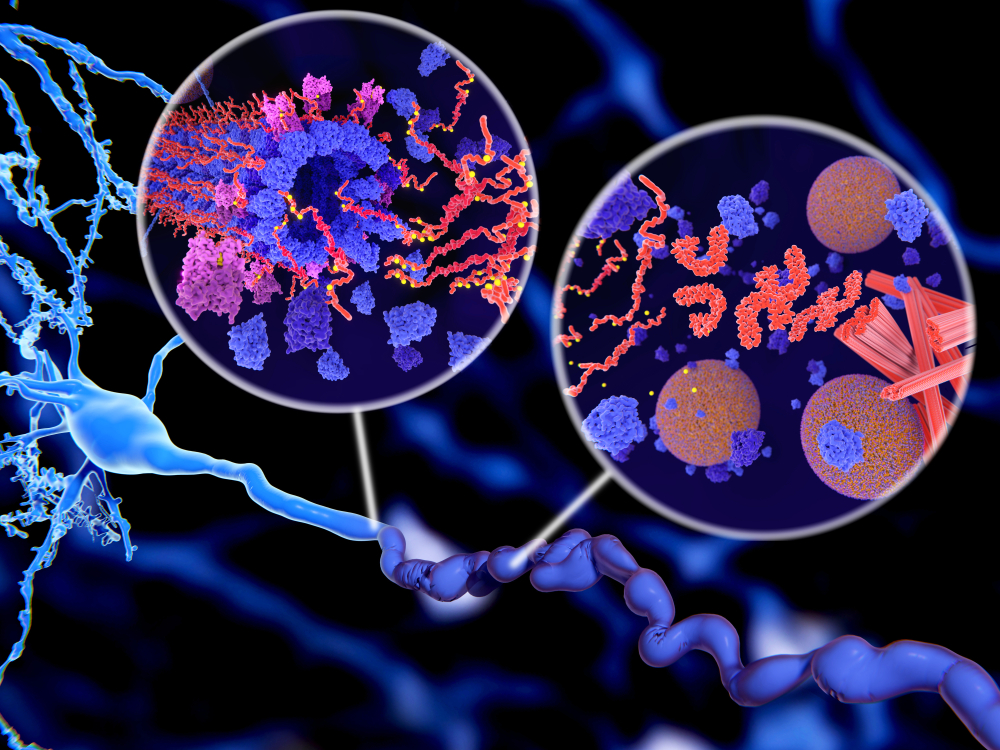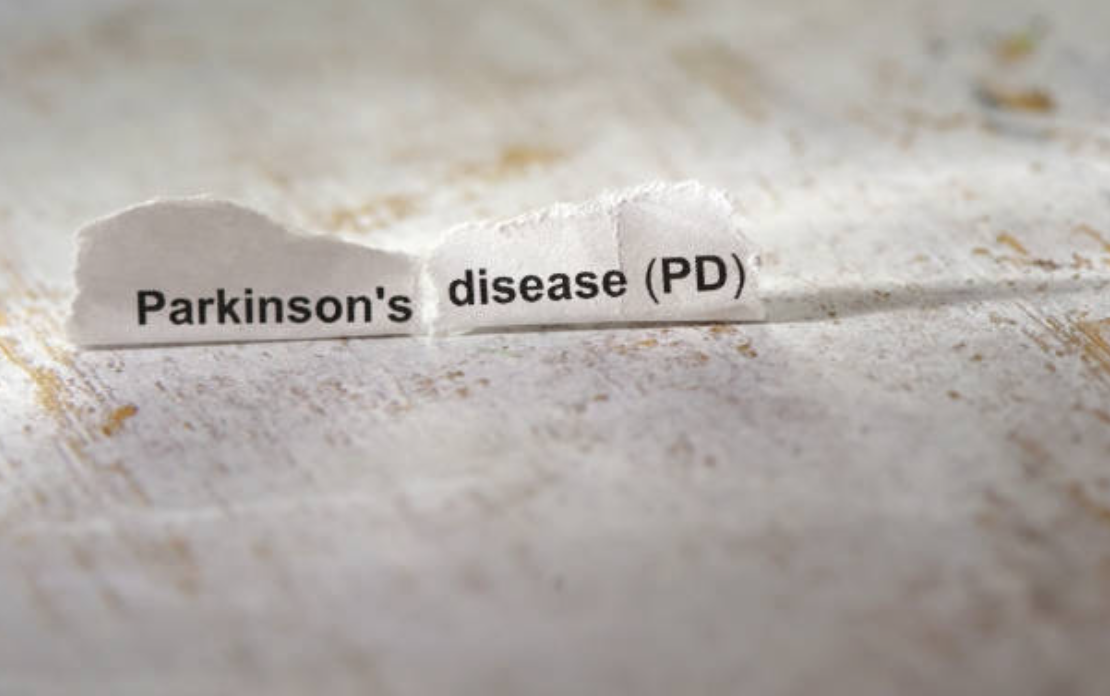A study published last week in JAMA Network Open has reported that the drug rotigotine, a dopamine agonist that acts on dopaminergic signaling in the brain, improves cognitive function in Alzheimer’s patients that have a mild to moderate form of the disease.
Results from the research study showed that the drug improved executive function related to the frontal lobe and the ability to perform activities associated with daily living. No significant effects on memory function, which served as one of the primary outcome measures in the study, were demonstrated.
Related: New Wearable Whole Brain Scanner Can Help Diagnose and Monitor Neurological Conditions
The clinical trial, called the ‘Effects of Dopaminergic Therapy in Patients with Alzheimer’s Disease (DOPAD),’ was supported by the Alzheimer’s Drug Discovery Foundation (ADDF).
The DOPAD trial was a randomized, double-blind, placebo-controlled trial that involved 94 patients between the ages of 55 and 83 with mild to moderate Alzheimer’s disease. Patients were randomly administered either rotigotine 4 mg (Neupro, UCB pharma) or placebo through a transdermal patch for 24 weeks. Rotigotine was given as an adjunct to an acetylcholinesterase inhibitor, which is the standard treatment for the disease.
“Patients treated with rotigotine in this study had some practical improvements that are very important for people with Alzheimer’s,” said Howard Fillit, the ADDF’s founding executive director and chief science officer.
“Rotigotine improved executive function, which helps patients with key cognitive tasks, such as reasoning, judgment, working memory and orientation. It also improved their ability to complete routine daily activities like shopping, planning and even bathing, toileting and feeding themselves, which means preserving their independence longer and reducing the burden on caregivers,” said Fillit in a press release from the ADDF.
The trial was led by Giacomo Koch, a neurologist at the Santa Lucia Foundation in Rome, Italy, in collaboration with Alessandro Martorana of the University of Tor Vergata, Rome, Italy.
Dopaminergic Activity in the Brain
Current treatments for Alzheimer’s involve targeting the neurotransmitter acetylcholine, however, research suggests that dopamine may also be involved in the disease.
Dopamine affects activity in the frontal lobe of the brain, which is why the study focused on changes in this particular brain region. The improvements observed in frontal lobe-mediated cognitive functions were in line with lab test results, which showed that rotigotine enhanced the stimulation of dopaminergic pathways that feed into this area of the brain.
Investigators used two novel biomarker tests – transcranial magnetic stimulation and electroencephalography (EEG) recordings – to gain insight into how rotigotine impacts neural connectivity and function. Neurophysiological analysis of EEG results indicated that prefrontal cortical activity increased in patients treated with rotigotine, but not in the placebo group.
Dr. Koch and his co-authors say further studies are needed to determine the potential role of rotigotine in treating Alzheimer’s.
Rotigotine is currently used to treat Parkinson’s disease and restless leg syndrome. Repurposing it to treat Alzheimer’s holds significant promise for patients suffering from the disease.
“The ADDF has a long history of supporting trials like this that repurpose existing drugs because it can speed up our ability to find new treatments for Alzheimer’s,” said Dr. Fillit.
He explained that this is because the safety and toxicity of existing drugs are already well studied, leading to quicker approval times. “At the ADDF, we focus on funding trials that target novel pathways implicated in Alzheimer’s disease, beyond beta-amyloid and tau, because Alzheimer’s is a complex disease caused by multiple factors. Among these, addressing abnormalities in dopaminergic pathways holds great promise,” said Dr. Fillit.












Join or login to leave a comment
JOIN LOGIN